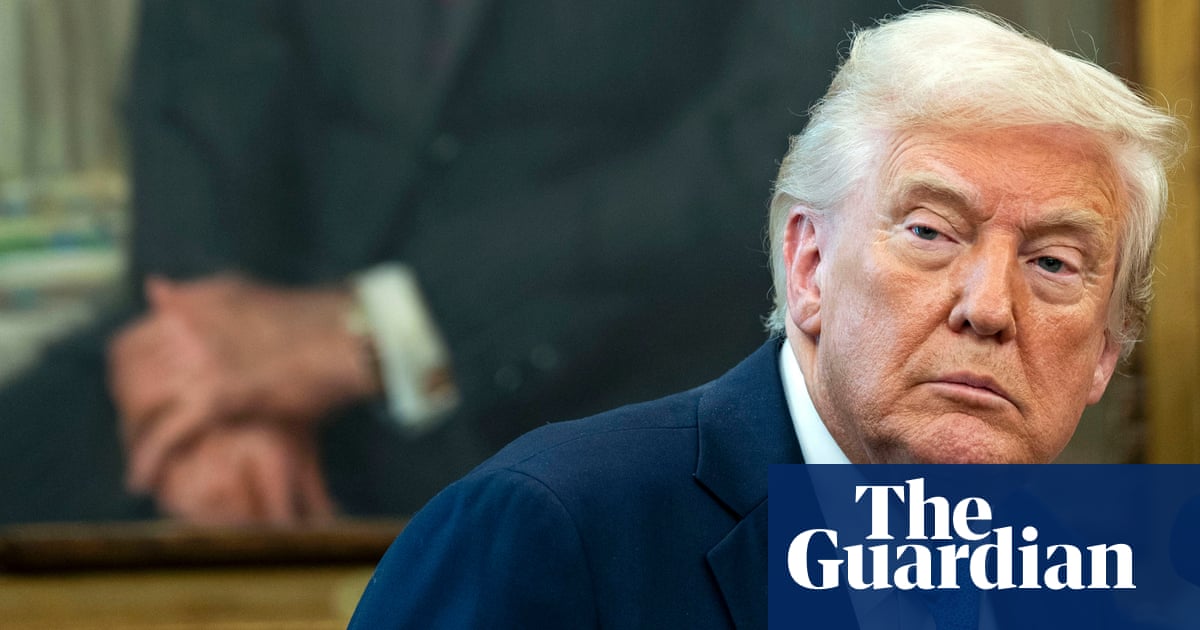Donald Trump said during a White House news conference that high tariffs on goods from China will “come down substantially, but it won’t be zero”.
Trump’s remarks were in response to earlier comments on Tuesday by treasury secretary Scott Bessent, who said that the high tariffs were unsustainable and that he expects a “de-escalation” in the trade war between the world’s two largest economies.
Trump placed import taxes of 145% onChina, which has countered with 125% tariffs on US goods. Trump has placed tariffs on several dozen countries, causing the stock market to stumble and interest rates to increase on US debt as investors worry about slower economic growth and higher inflationary pressures.
Details of Bessent’s remarks were confirmed by two people familiar with the remarks who insisted on anonymity to discuss them.
“I do say China is going to be a slog in terms of the negotiations,” Bessent said, according to a transcript obtained by the Associated Press. “Neither side thinks the status quo is sustainable.”
The S&P 500 stock index rose 2.5% after Bloomberg News initially reported Bessent’s remarks.
Trump acknowledged the increase in the stock market in comments to reporters after the ceremonial swearing-in of Paul Atkins as the Securities and Exchange Commission chair on Tuesday.
However, Trump avoided confirming if he, too, thought the situation with China was unsustainable, as Bessent had said behind closed doors.
“We’re doing fine with China,” Trump said.
Despite his high tariffs, Trump said he would be “very nice” to China and not play hardball with Chinese President Xi Jinping.
“We’re going to live together very happily and ideally work together,” Trump said.
The US president said that the final tariff rate with China would come down “substantially” from the current 145%.
“It won’t be that high, not going to be that high,” Trump said.
The Trump administration has met for talks with counterparts from Japan, India, South Korea, the European Union, Canada and Mexico, among other nations.
But Trump has shown no public indications that he plans to pullback his baseline 10% tariff, even as he has insisted he’s looking for other nations to cut their own import taxes and remove any non-tariff barriers that the administration says have hindered exports from the US.
China on Monday warned other countries against making trade deals with the United States that could negatively impact China.
“China firmly opposes any party reaching a deal at the expense of China’s interests,” China’s commerce ministry said in a statement.
White House press secretary Karoline Leavitt said the Trump administration has received 18 proposals from other countries for trade deals with the US, adding: “Everyone involved wants to see a trade deal happen.”
The uncertainty over tariffs in the financial markets has also been amplified by Trump calling on the Federal Reserve to cut its benchmark interest rate, with the president saying he could fire Fed chair Jerome Powell if he wanted to do so.
Trump later saidhe wanted Powell to “be early” in lowering rates and that he has no intention of firing the Fed chair, despite previously suggesting that he would.
